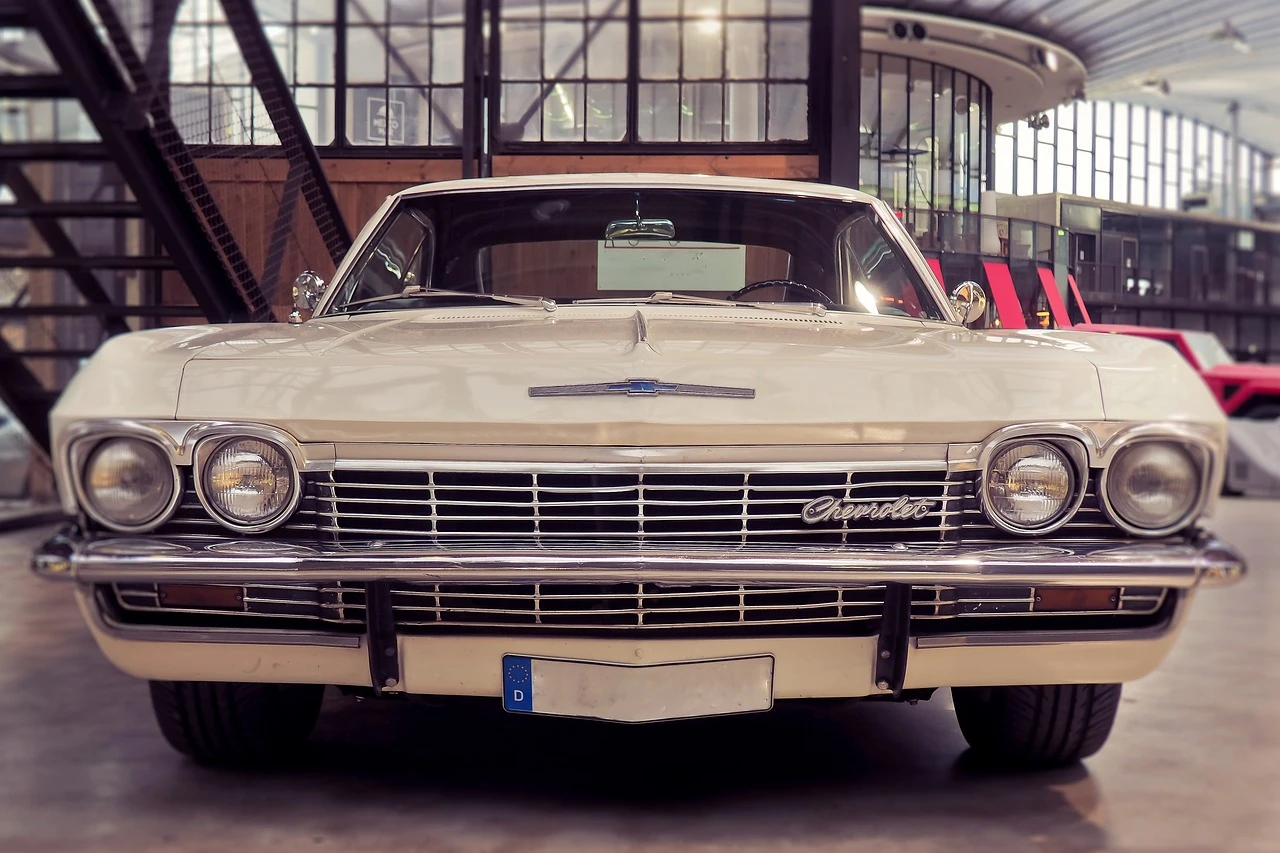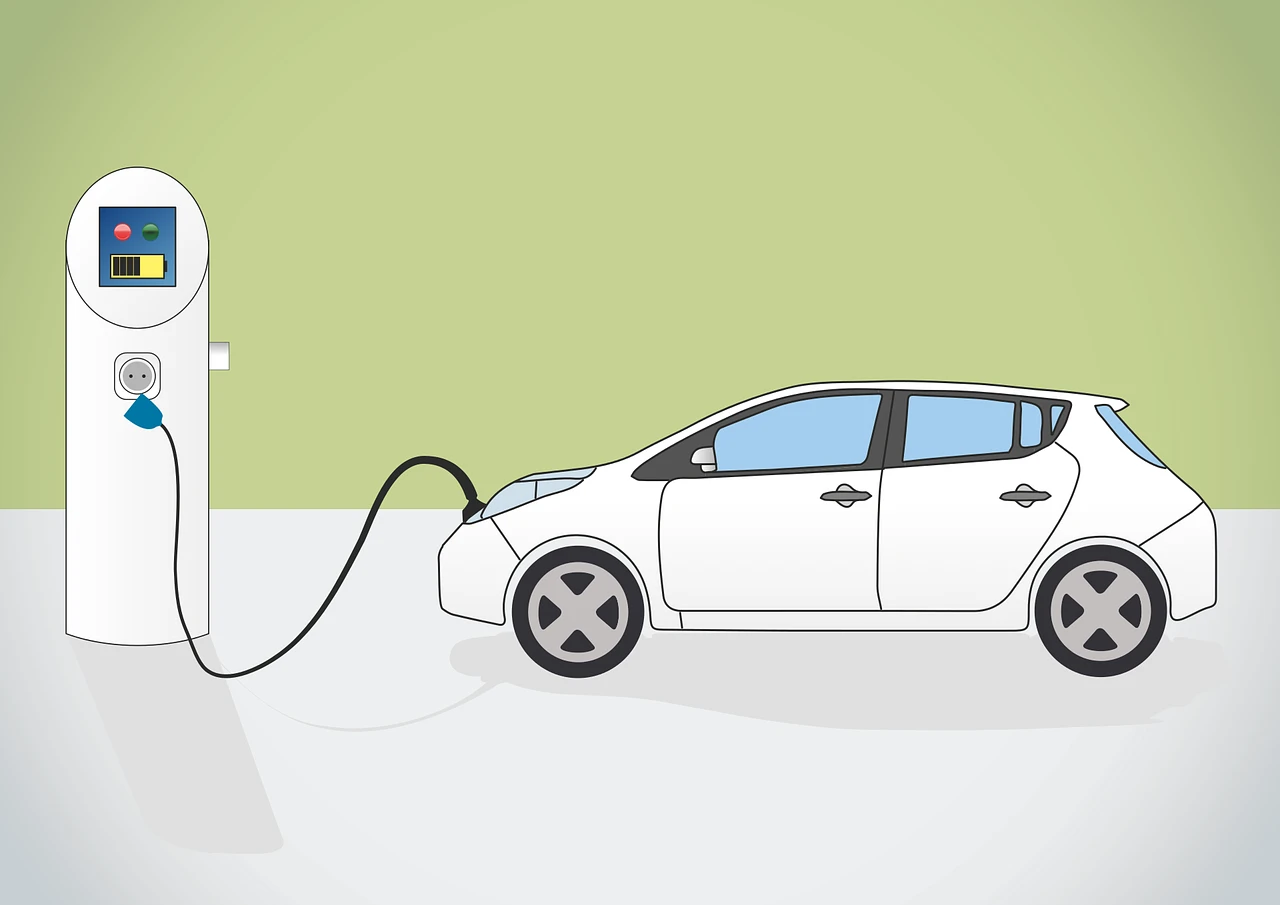What To Look For When Buying A Used Car
Budget and Financing:
When it comes to setting your budget for buying a used car, it's important to consider all aspects of your finances. Take a good look at your monthly income and expenses to determine how much you can comfortably afford to allocate towards a car payment. Consider factors such as insurance costs, maintenance, fuel, and any potential repairs that may arise. It's always a good idea to leave some room in your budget for unexpected expenses that may come up down the line.
Once you have a clear understanding of your budget, it's time to explore your financing options. Research different lenders and dealerships to find the best interest rates and loan terms that fit your financial situation. Consider getting pre-approved for a loan before shopping for a car, as this can give you a better idea of how much you can afford and can make the buying process smoother. Remember to carefully review the terms and conditions of any financing agreement before signing the dotted line.
In addition to traditional financing options, don't forget to explore other alternatives such as leasing or buying from a private seller. Leasing can offer lower monthly payments but may come with mileage restrictions. Buying from a private seller can sometimes lead to better deals, but it also carries more risk and might not include warranties or protections that come with buying from a dealership. Ultimately, choose the financing option that fits your budget and aligns with your long-term financial goals.
Vehicle History and Ownership:
Before purchasing a used car, it's crucial to gather as much information as possible about its history and ownership records. One of the first steps is to obtain a comprehensive vehicle history report through reputable services like CARFAX or AutoCheck. This report provides vital information such as previous accidents, flood damage, odometer readings, and title status. It can help you uncover any potential red flags and make an informed decision about the car's condition.
In addition to the vehicle history report, delve into the ownership records of the car. Ideally, you want a car that has had fewer owners, as this suggests more consistency in maintenance and care. Verify that the seller's information matches the ownership records and ensure there are no liens or outstanding finance on the vehicle. This thorough investigation will give you peace of mind and protect you from any hidden surprises or legal issues in the future.
If possible, it's also beneficial to speak directly with the previous owner or the seller to gather more details about the car's history. They may provide additional insights into how the vehicle was used, any major repairs or modifications, and its overall reliability. Don't hesitate to ask questions and request documentation such as service records or receipts. A transparent and honest seller who willingly shares information is typically a positive sign when considering a used car purchase.
Mileage and Service History:
When evaluating a used car, it's important to assess the mileage and service history to gauge the overall condition and potential longevity of the vehicle. While low mileage may initially seem desirable, it's essential to consider how the car has been driven in relation to its age. A car with extremely low mileage may have been sitting idle for long periods, which can lead to various mechanical issues. On the other hand, a car with higher mileage may have had more wear and tear, requiring additional maintenance. Finding the right balance is key.
Examining the service history is crucial in understanding how well the car has been maintained. Complete and up-to-date service records indicate that the previous owner(s) have taken proper care of the vehicle. Look for regular maintenance such as oil changes, tire rotations, and fluid replacements. Major repairs and part replacements should also be documented. A well-maintained car with a consistent service history is more likely to be reliable and have fewer hidden issues.
When assessing mileage and service history, consider how they align with the age of the car. A vehicle with low mileage but sparse service records may indicate that it was neglected or improperly maintained. Conversely, a car with higher mileage but a comprehensive service history may demonstrate that it has been well-cared for and received regular maintenance. It's all about finding a balance that suits your needs and preferences.

Inspection and Test Drive:
Before finalizing the purchase of a used car, it's crucial to thoroughly inspect the vehicle's exterior and interior and take it for a test drive. The inspection phase allows you to assess the overall condition of the car and identify any potential issues or red flags. Begin by examining the exterior for any signs of damage, such as dents, scratches, or rust. Inspect the tires for tread wear and make sure they are evenly worn. Check the lights, mirrors, and windshield for any cracks or defects.
Moving to the interior, carefully inspect the seats, upholstery, and carpet for any signs of excessive wear, stains, or damage. Check the functionality of all buttons, switches, and controls, including the air conditioning, heating, and audio system. Test the windows, locks, and other electronic features to ensure they are in proper working order. Pay attention to any strange smells or signs of dampness, as it could indicate water damage or leaks in the car.
Taking the car for a test drive is critical to evaluate its performance and assess how it feels on the road. Start the engine and listen for any odd noises or vibrations. Check the responsiveness of the brakes and steering, and take note of how the car accelerates and handles different road conditions. As you drive, pay attention to any unusual engine sounds, transmission shifts, or suspension issues. Test the brakes in a safe area and ensure they respond effectively. A proper test drive allows you to experience the car firsthand and determine if it meets your expectations in terms of comfort, performance, and overall driving experience.
Price Negotiation and Finalizing Purchase:
Once you have thoroughly assessed the used car's condition and decided it meets your requirements, it's time to negotiate the price and finalize the purchase. Research the market value of similar vehicles to have a reference point and a better understanding of a fair price. Be prepared to negotiate with the seller to ensure you are getting the best deal possible. Here are a few tips to consider during the price negotiation process:
- Start with a reasonable offer: Begin the negotiation with a price slightly lower than what you are willing to pay. This allows room for the seller to counteroffer, and you can work towards a mutually agreeable price. Stay firm but realistic during the negotiations.
- Point out any issues or concerns: If you identified any issues or potential repairs during the inspection or test drive, use these as leverage during the negotiation. Highlighting these concerns may justify a lower price or prompt the seller to address and resolve the issues before the sale.
- Negotiate beyond the sale price: Remember that the price negotiations are not limited to the purchase price alone. Consider other factors that can impact the overall cost, such as warranty, repairs, or additional accessories you may need. You can negotiate for these factors to be included or for a reduced price if they are not.
- Consider financing and payment options: If you require financing, explore different lenders and compare interest rates and terms. Use this information to negotiate a better deal with the seller or dealership. Additionally, be prepared to discuss payment options and find a mutually convenient method of payment, whether it's cash, check, or electronic transfer.
Once the price has been agreed upon, it's essential to finalize the purchase correctly. Ensure that all paperwork is properly completed and signed, including the title transfer, bill of sale, and any warranty or service agreements. Review the documents carefully, ensuring they accurately reflect the agreed-upon price and any additional terms or conditions.

Is It Wise To Buy An Electric Car In 2024?
Unleash the power of electric vehicles in 2024! Explore the compelling reasons why investing in an electric car could be your smartest move yet, revolutionizing your driving experience while benefiting the environment.

What To Consider When Buying A Car
Rev up your car buying journey with expert guidance on what matters most. Unveil the key considerations that will steer you towards the perfect vehicle, making your purchase a smooth and satisfying ride.

A Comprehensive Guide To Obtaining A Free Car
Unlock the Road to Freedom: Your Comprehensive Guide to Securing a Free Car! Discover sources, eligibility criteria, application tips, and alternative options that can put you in the driver's seat. Take control of your transportation destiny and enjoy the ride to a better future!

How To Find A Reliable Used Car For Free
Discover How to Score a Free, Reliable Used Car in the USA! From determining your requirements to researching opportunities, inspecting for reliability, and navigating legal considerations, our guide has you covered. Get ready to find your dream car without breaking the bank - it's easier than you think!

How To Get A Free Car From Government
Unlocking the Road to Freedom: How to Get a Free Car from the Government and NGOs. From eligibility criteria to application process and maintenance—discover the secrets to accessing transportation assistance programs, so you can navigate life's journey with ease. Start your engine now!